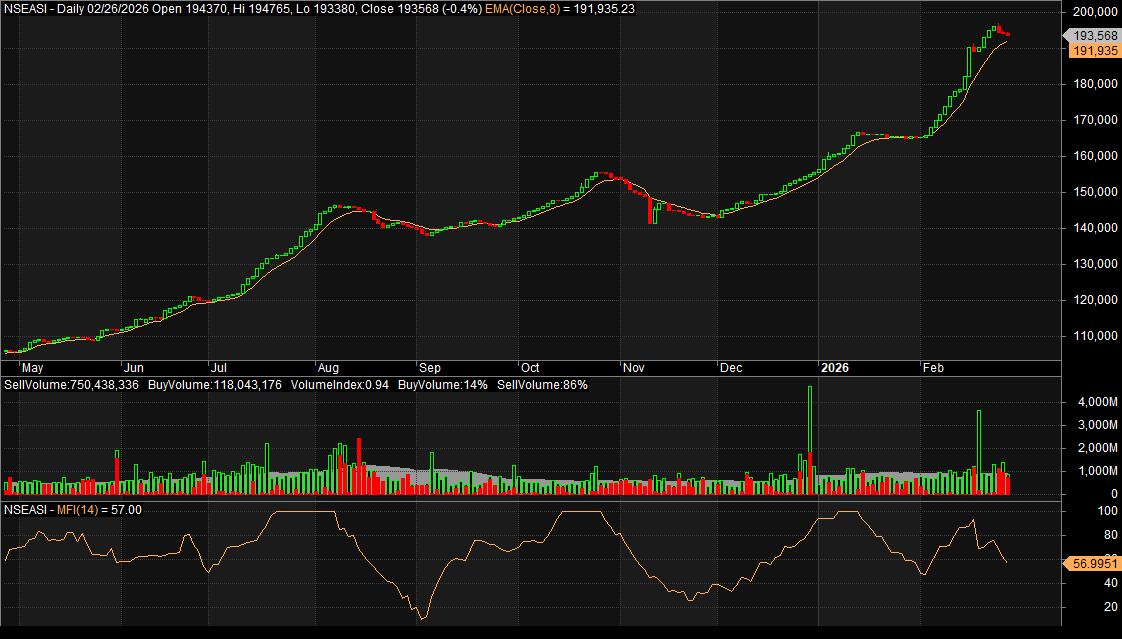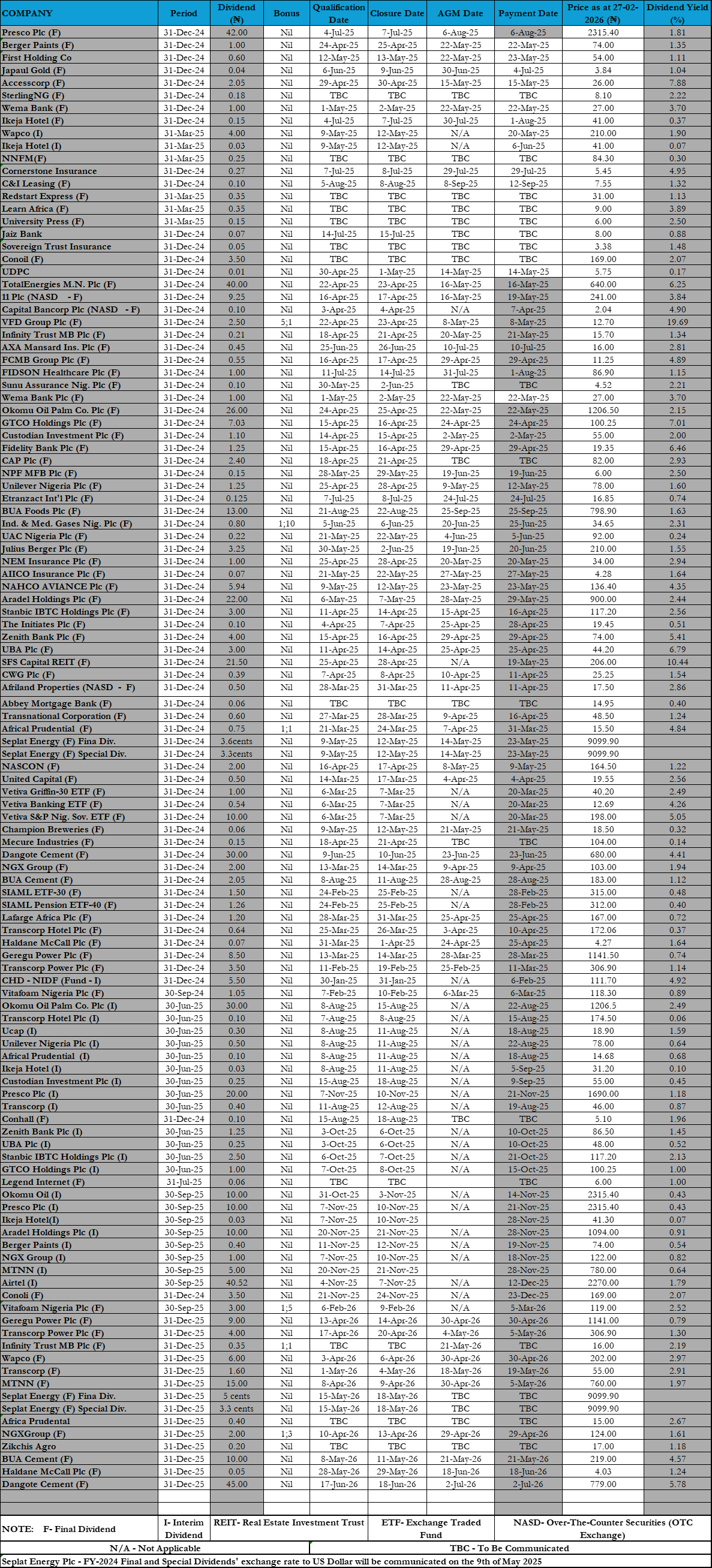
The Development Committee of the World Bank and International Monetary Fund at the weekend enjoined both institutions to collaborate closely together on debt sustainability.
The committee, whose mandate is to advise the Boards of Governors of the Bank and the Fund on critical development issues, among others, also urged them to “support the implementation of the Common Framework for eligible countries and ad hoc debt restructuring processes for vulnerable middle-income countries.
Middle Income Countries (MICs), such as Nigeria are defined as economies with a income per capita of between $1,036 and $4,045, and are home to 75% of the world’s population and 62% of the world’s poor.
Rising from its 108th meeting on the sidelines of the World Bank Group’s meeting in Marrakech, Morocco on Friday, members of the committee said the partnership should involve the Paris Club and G20 non-Paris Club creditors.
A statement by Mohamed bin Hadi Al Hussaini, the chairment and Minister of State for Financial Affairs, United Arab Emirates, reaffirmed “the importance of joint efforts by all actors, including private creditors, to continue working to enhance debt management and transparency.
“Governors also called for the World Bank to further strengthen its engagement and collaboration with partners and clients to lead, respond, and share knowledge on issues including climate change adaptation, mitigation, and biodiversity.”
Members of the committee “noted with deep concern the immense human suffering and the adverse impact of wars and conflicts around the world. They urged the Bank to act with decisiveness, including as a convening power in situations of Fragility, Conflict, and Violence (FCV) around the world, in line with the Bank’s FCV Strategy, while ensuring that no one is left behind.
They encouraged international financial institutions (IFIs) to partner the United Nations, policymakers, and public and private partners to meet the Sustainable Development Goals, while helping to “ensure that the benefits of sustainable economic growth are equitably distributed, and focus efforts on helping the world’s poorest and most vulnerable.”
The governors endorsed the World Bank’s new vision to create a world free of poverty on a livable planet, in addition to its new mission of ending extreme poverty, while in the process boosting shared prosperity on a livable planet by strengthening inclusion, resilience, and sustainability.
This vision and mission, they agree, “will underpin a new playbook with solutions to support country priorities and address intertwined global challenges to drive impactful development with speed and scale.”











